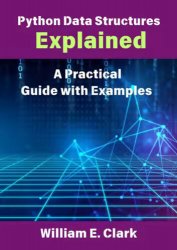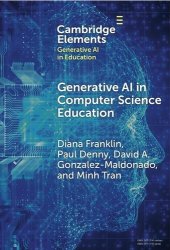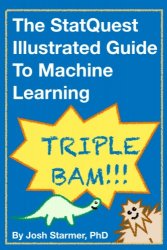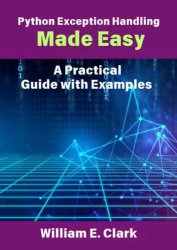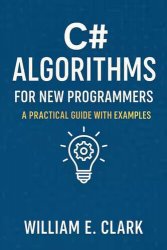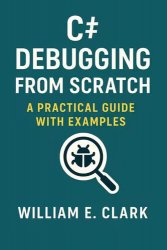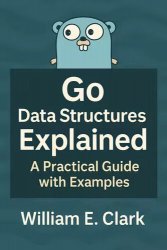- Добавил: literator
- Дата: 9-04-2025, 06:08
- Комментариев: 0
 Название: Python OOP Step by Step: A Practical Guide with Examples
Название: Python OOP Step by Step: A Practical Guide with ExamplesАвтор: William E. Clark
Издательство: Nobtrex L.L.C.
Год: 2025
Страниц: 190
Язык: английский
Формат: pdf, epub (true)
Размер: 10.1 MB
This book provides a comprehensive and systematic introduction to Python programming with a focused emphasis on object-oriented principles. It offers detailed guidance on the core aspects of Python, covering everything from fundamental syntax and data structures to more advanced topics like class design, inheritance, and polymorphism. The content is arranged logically to build a strong foundation in programming followed by an in-depth exploration of object-oriented methodologies. The material is divided into distinct sections that progressively introduce essential programming concepts before transitioning to sophisticated applications. Topics such as configuring a development environment, understanding Python's built-in constructs, and developing clear, maintainable code prepare the reader for advanced discussions on classes and objects. Subsequent sections elaborate on inheritance models, method overriding, and design patterns while also addressing the intricacies of testing and debugging within object-oriented systems.

